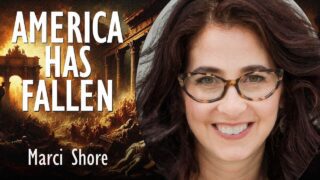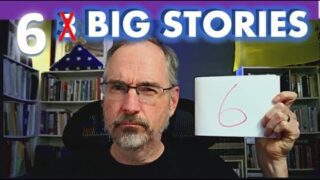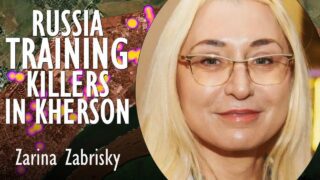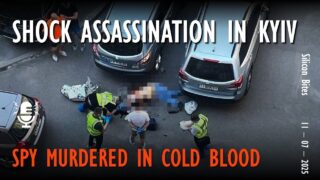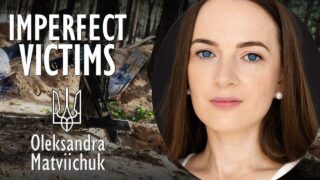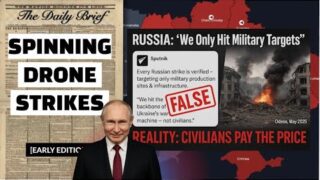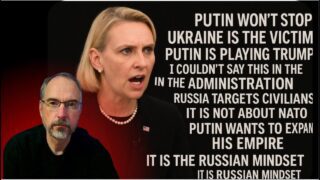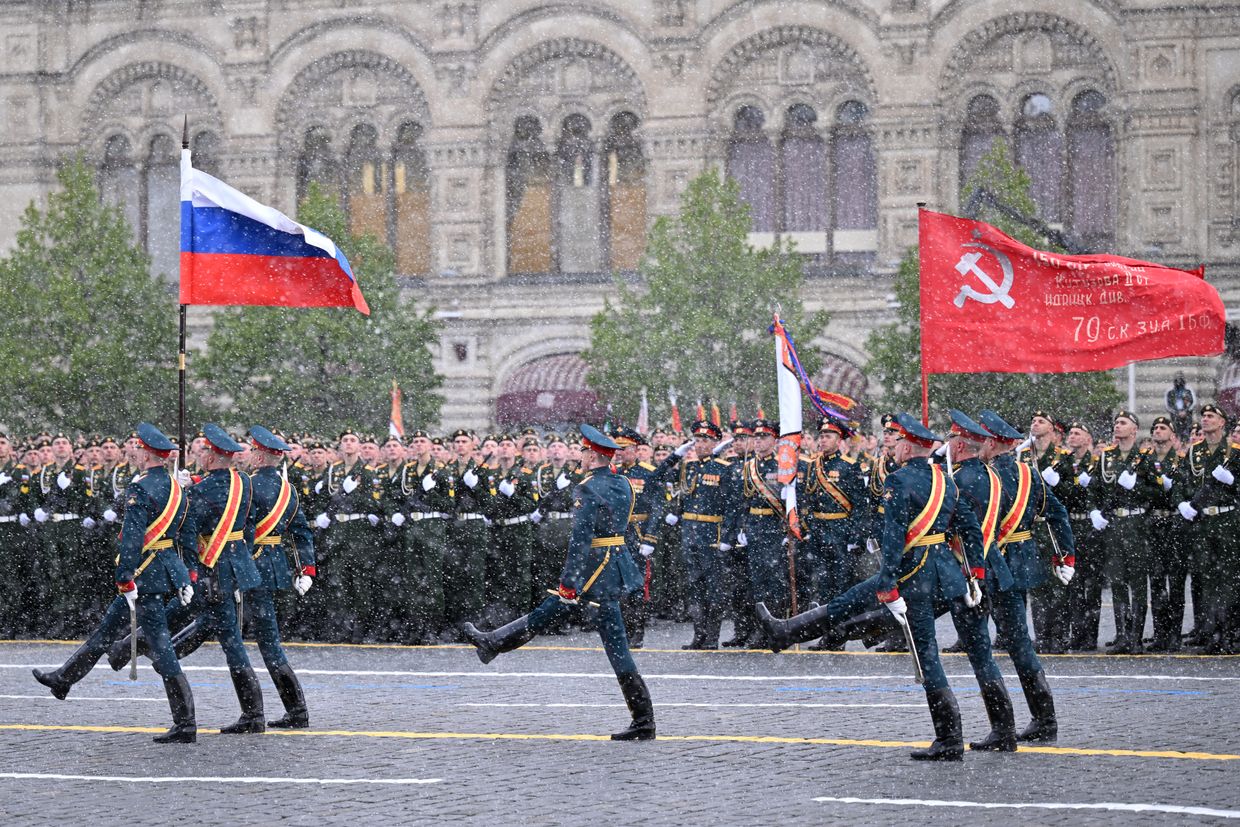
Historian Marci Shore: Putin’s obsession with denazification is ‘Freudian projection’
The return of U.S. President-elect Donald Trump to political life has raised uncomfortable questions about the future, not only within the U.S. but also on the global stage. This is particularly true for countries like Ukraine, which relies on U.S. aid as it’s locked in a battle for survival against Russia's campaign of total annihilation. Trump's history of fostering a rapport with Russian leader Vladimir Putin only adds a layer of uncertainty to an already volatile geopolitical landscape.
Amid this backdrop, many wonder how we arrived at this point. Intellectuals’ role has never been more essential — or more fraught — in exposing how history is manipulated to incite war and how, in such a climate, the ghosts of past tragedies risk being ignored. The persistent banality of evil and the ceaseless tide of daily tragedies challenge our ability to make sense of the modern world.
The Kyiv Independent spoke with U.S. historian Marci Shore about a number of topics related to Russia’s war against Ukraine, including national trauma, guilt, dehumanization, and totalitarianism.
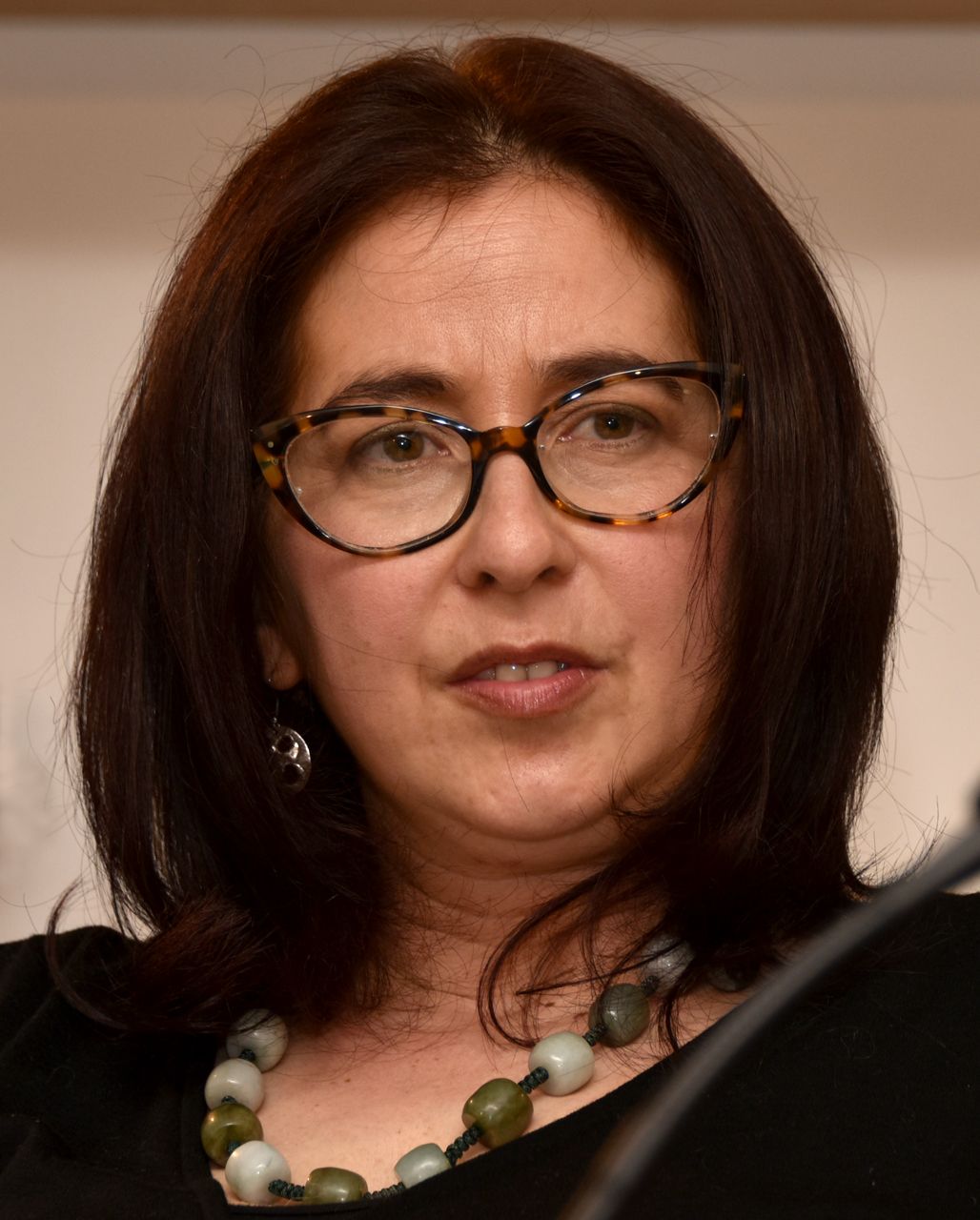
This interview has been edited for length and clarity.
The Kyiv Independent: There seems to be an unprecedented disconnect between words and their meanings these days. Donald Trump was labeled a fascist by numerous respected officials, yet for his supporters, it was more of a gleeful provocation. Meanwhile, Vladimir Putin distorts history by framing his genocidal war in Ukraine as "denazification," desecrating the Soviet army’s legacy — a victory shaped in part by Ukrainians. This erosion of meaning reflects a broader crisis: when language becomes unmoored from truth, it is weaponized to manipulate rather than illuminate. What is sustaining this dissonance?
Marci Shore: Let’s disentangle a few different issues. One is about how we use concepts, analogies, and categories like “fascism” or “concentration camps.” These are essentially hermeneutic devices that help us mediate between the singular and the universal. No two historical situations are ever exactly alike, just like no two human beings are ever exactly alike. But these concepts — like Kantian concepts — help us to process and interpret disparate data.
When I used the term “fascist” to describe Trump in 2016, most Americans found it overly hysterical. In the intervening eight years a lot us — historians, philosophers, social scientists — put in a lot of work to try to introduce this concept and its history into American consciousness. What has been heartbreaking is to see that, on the one hand, this effort was successful: the fascist elements of Trump’s persona and movement are now much better understood as such. On the other hand, it seems that an overwhelmingly large number of American voters do not consider fascism a bad thing at all. Unfortunately, “gleeful provocation” is in fact a good description. So needless to say, I’m not sure how much we’ve accomplished.
"It seems that an overwhelmingly large number of American voters do not consider fascism a bad thing at all."
With respect to “denazification,” there are at least two big conceptual things going on. One is Freudian projection, which is sometimes called “accusation in a mirror”: the perpetrators’ projection of their own qualities onto the victims. That’s fairly straightforward, so to speak.
The phenomenon of post-truth, the unhinging of any even presumed connection between language claims and empirical reality, is much more complicated. This is why I tend to describe Putin’s regime as “neo-totalitarian,” because I do think there’s an important conceptual distinction between the absolutist truth claims made by the 20th-century totalitarian ideologies and the postmodern break from even any pretense of being constrained by empirical reality that we’re seeing in Trumpism and Putinism.
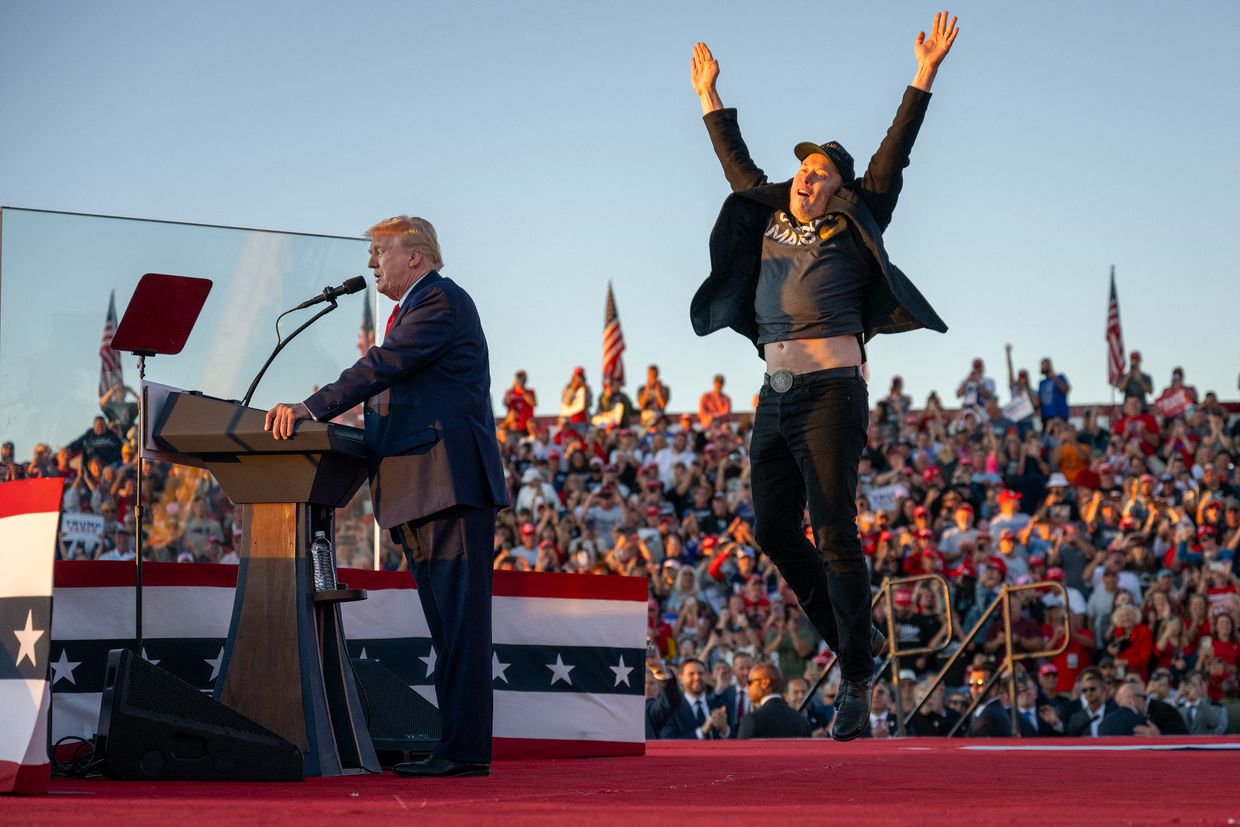

The Kyiv Independent: At the same time, it’s striking how some words appear to unnerve people — namely, the Russian opposition’s hesitancy around the word “guilt.” For example, Ilya Yashin, on one of his live streams, talked about how he's not a prosecutor and therefore has “no right” to tell people that they are guilty of Russia’s war (or Putin’s war, as he calls it). Do you think we’ll ever see Russian society have serious — and necessary — discussions about the varying degrees of collective accountability, as the Germans did after World War II?
Marci Shore: I want to begin with a philosophical distinction between guilt and responsibility. Guilt is a posteriori – that is, it is “after the fact,” so to speak: a person is guilty of something he or she did or failed to do. Guilt is contingent and depends upon choices and actions. But not-guilty does not mean not-responsible. Responsibility, I would argue, is not contingent. It is a priori; it precedes our choices or actions. We always already bear responsibility – it is not dependent on anything we have or have not done. The source of this responsibility is not personal guilt; the source of this responsibility is being in the world.
With respect to Vergangenheitsbewältigung (“Dealing with the past” in German), I think the Germans — to generalize — have conflated guilt with responsibility. They have largely accepted inherited guilt for the past but continue, it seems to me, to fail to take responsibility in the present. I don’t actually believe in inherited guilt — I don’t think we are guilty of what our parents or grandparents or ancestors did in times past. I do, though, believe that we are all responsible for looking at what they did with eyes wide open, telling the truth, and working to repair the consequences in the present.
With respect to Russia, I agree very much with the Russian novelist Sergei Lebedev that a failure to face the truth of past crimes is a crucial source of what Ukrainian author Volodymyr Rafeyenko described to me as the “anthropological catastrophe” of Russian society. I think it is connected to a failure of subjectivity, a failure to take hold of oneself as a responsible agent, a subject as opposed to an object. The Russians alive today are not guilty of Stalinist crimes — with very few remaining exceptions, those who are guilty are no longer living. But Russians today are responsible for looking at those crimes honestly and telling the truth about them — and they have, by and large, failed in that. It’s admittedly not an easy task — unlike for Germans looking back at Nazism, for Russians looking back at Stalinism, there is no clear dividing line between victim and oppressor. To have lived under Stalinism was both to have been victimized by it and to have been implicated in it. Tetyana Ogarkova has a brilliant line about this: “In a liberal society, everyone has a skeleton in the closet, but in a totalitarian society, everyone has a corpse at home.”
"Russians today are responsible for looking at those crimes honestly and telling the truth about them — and they have, by and large, failed in that."
In their joint essay in the recent special issue of Irish Pages devoted to the war, Ogarkova and Volodymyr Yermolenko write about Russia as a place with “crime without punishment and punishment without crime.” The society is divided into these gangster oligarch-types enjoying total impunity – and the masses of people who can be taken away and imprisoned or killed for nothing at all. There’s a key here to the crisis of subjectivity in Russia. In both cases, no one is really a responsible agent — it’s all Übermenschian untouchability or helplessness in the face of arbitrariness.
An additional distinction is important: between inherited guilt and collective guilt. I do think that collective guilt is real but much more difficult to talk about and parse than individual guilt. Hannah Arendt writes in “Organized Guilt and Universal Responsibility” that “When all are guilty, nobody in the last analysis can be judged.” In an interview with Deutsche Welle, Vladimir Kara-Murza referenced just this line by Arendt, explaining that for him, to assign all Russians guilt for war crimes is essentially to assign guilt to no one. I sense what he meant was that the moral risk of saying all Russians are guilty is that it is effectively saying that it doesn’t matter what one does or what one chooses.
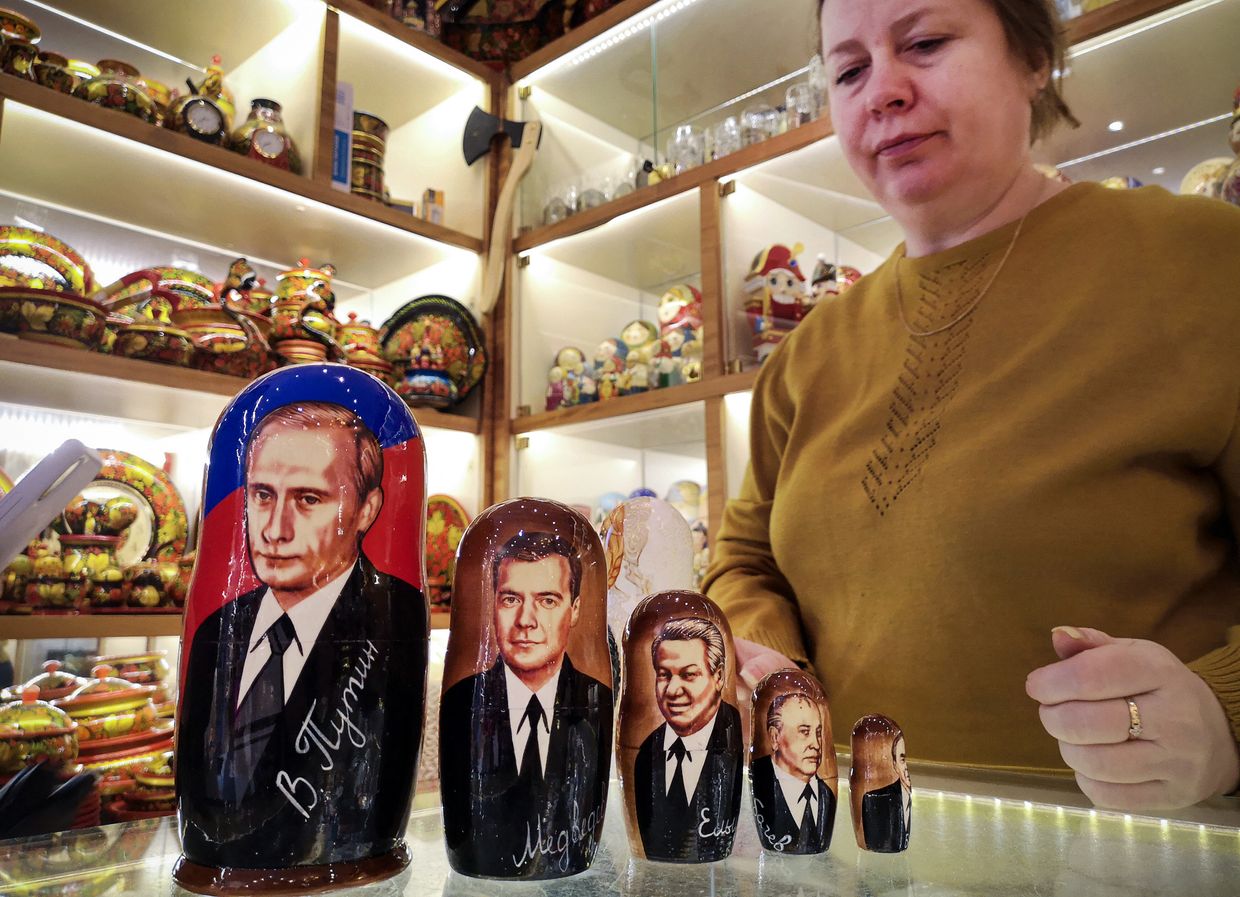
When, during the first Trump administration, American border guards were taking refugee children away from their parents on the U.S.-Mexican border and throwing them in cages, I knew that I, too, was implicated. I wasn’t silent, of course; I spoke out and protested, etc. However, even so, I am part of this society, and I failed to stop it. When we learned the election results on the night of Nov. 5-6, I thought to myself: “I don’t and can’t expect the world to ever forgive us for this.” And I think a lot about what I would do if I were Russian, how brave I would or wouldn’t be. And I think a lot about what the German philosopher Karl Jaspers wrote about the war, “That I live after such a thing has happened weighs upon me as indelible guilt.”
The Kyiv Independent: From a historian’s perspective, what insights do past traumas like the Holocaust or Soviet purges offer us in these dark times? Is there something we’re missing?
Marci Shore: Nothing goes away. Silence doesn’t make anything disappear. National mythology will always veer toward falsehood: there have been no such people or nations who have been innocent since time eternal. My desperate hope for Ukrainian society is that despite and through all the trauma, there will be a time after victory where there will be a rebuilding – and that rebuilding will take place on a foundation of truth, that a new generation will not be afraid to look as well at Ukraine’s own past with eyes wide open, that Ukraine will not find itself decades from now in the state of being that much of Israeli society under (Benjamin) Netanyahu finds itself in.
(Ukrainian writer) Victoria Amelina, not long before she was murdered by a Russian missile in Kramatorsk, wrote a short essay called “Nothing Bad Has Ever Happened.” She wrote about her native Lviv and about the denial that anything bad had ever happened in her own country — she found the denial alienating: a home would only be a home when the ghosts, too, were invited for breakfast. I think of it (the essay) as a gift that Vika left for us, a point of departure for a relationship to the past and to ourselves built on truth.
The Kyiv Independent: There is a renewed push to reform Slavic Studies since Russia’s full-scale war against Ukraine. In your view, what will be some of the most pressing questions for future scholars of Ukraine, Russia, and the surrounding region?
Marci Shore: There are so many pressing questions in so many different fields. Perhaps some of the obvious ones at the moment: what can we learn from studying the comparative development of civil society in, say, Belarus, Ukraine, Kazakhstan, Russia, Georgia, etc. post-1991? There’s Masha Gessen’s implicit question in “The Future is History”: Why did Bolotnaya (protests in Moscow) fail? Why were they not able to do in Russia what Ukrainians were able to do on the Maidan two years later? What can we learn by trying on different lenses and different prisms? I was just at a workshop called “Dilemma” in Yerevan centered around the Black Sea as a focal point for identity. How can Russophone literature be reconceptualized in its multinational layers? The developing field of environmental history is wide open. How can we understand Russian imperialism in terms of both its continuities and discontinuities across time and its similarities and differences with other imperialisms across space? How did it happen that in the case of Russia and Ukraine, subjectivity emerged precisely on the part of the colonized and not the colonizers?
I would add that we are still struggling to grasp the Soviet experiment. It was arguably the largest, grandest, most penetrating, and far-reaching social engineering experiment ever performed on mankind. We are still grappling with the sheer scale of that experiment and the sheer scale of the catastrophe.
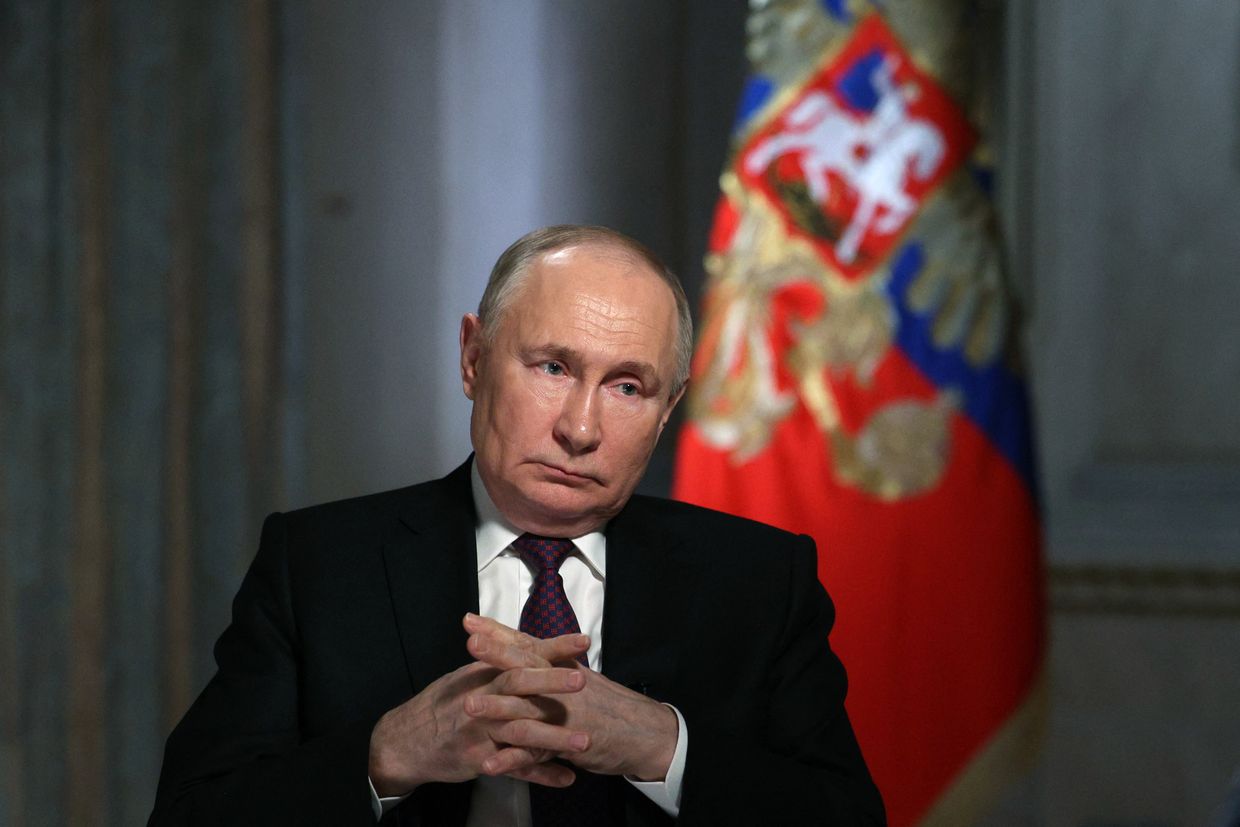
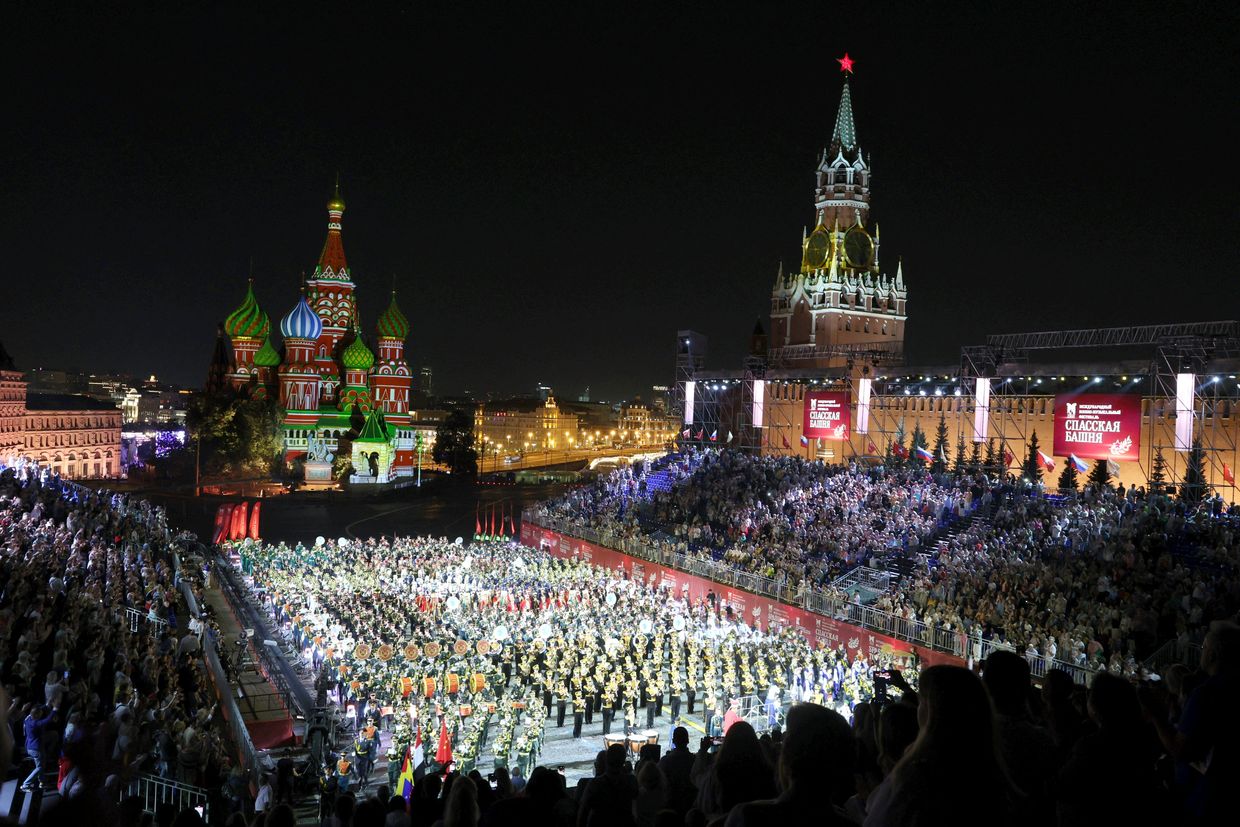
The Kyiv Independent: From countless videos filmed on cell phones to drone footage and recorded testimonies, the war in Ukraine is truly the most documented in our history. Yet, the gravity of events like the destruction of the Kakhovka hydroelectric station and subsequent flooding of Kherson Oblast seems to have passed a lot of people by. I was wondering if, as someone who works with archives and testimonies, you had advice for people not to get lost in this sea of information.
Marci Shore: This is a huge problem, and there are multiple aspects. One is just sheer volume: no one can process this much information in real time. We’re all deluged and overwhelmed, and just triaging the information takes a lot of energy. This does not necessarily imply any bad faith or ill will at all — it’s just a question of volume. How much do you and I know about the atrocities taking place in Sudan? It’s impossible to pay attention to every place and everyone who deserves our attention.
The second problem does involve ill will and bad faith, and that’s the problem we can describe as post-truth or disinformation. Peter Pomerantsev makes a point very clearly in the introduction to “This is Not Propaganda” that I’ve been preoccupied with as well: in communist times, truth was actively suppressed. And dissidents were willing to risk their lives to speak the truth — with the faith that truth itself had a power. Now the problem is not that truth is suppressed, but that truth is drowned out in the floods composed of truth, post-truth, lies, trivialities, distractions. I wish I had a decisive antidote for this. The best I’ve been able to do for myself is follow certain sources — publications, journalists, and individuals I trust.
The Kyiv Independent: How might people’s understanding of democracy, freedom, and resilience evolve because of Ukraine’s fight against Russian aggression? Do you think it will prompt people — or does it already — to reconsider their understanding of national identity, colonial struggles, and other similar issues?
Marci Shore: I have many more hopes than I do predictions. I fantasize that the world will survive and we will see a time “after the victory” when Ukraine is rebuilt not to “catch up” with the West, but to be the new avant-garde: rebuilt to rely on clean energy, to embrace a cosmopolitan civic identity, to reject national mythology in favor of critical truths.
I can also say that for me what this war has laid bare is not so much a new understanding of democracy — as we’ve just seen in the U.S., democracy is not a guarantee against tyranny. Democracy and liberalism are not the same thing. People can democratically choose fascism. For me what the war has laid bare above all are questions about good and evil, and returning to those categories, to that ontological distinction.
The Kyiv Independent: I’ve always disliked the term “Orcs” for Russian soldiers — not out of sympathy, but because it is an attempt to distance their actions from the reality that people are capable of committing horrific crimes. The nearly 150,000 war crimes were committed in Ukraine not only by violent criminals but those who had so-called ordinary lives before the full-scale war. Do you think the othering of the enemy, in this case, is a sort of coping mechanism for a world that refuses to accept that peace is not a given?
Marci Shore: These are the classic questions. I tend to believe that the demographic of hard-core sadistic psychopaths is marginal, although grossly overrepresented in positions of power. But there are not enough sadistic psychopaths to carry out mass atrocity on this scale without massive participation by those Christopher Browning famously called “ordinary men.” It’s not clear to me that our understanding has progressed dramatically beyond what we read in Christopher Browning’s “Ordinary Men” and Hannah Arendt’s “Eichmann in Jerusalem” and Slavenka Drakulic’s “They Would Never Hurt a Fly,” the latter of which is a series of portraits of Yugoslav war criminals from the 1990s. Drakulic, who herself is from what was Yugoslavia and is now Croatia, went to the Hague and listened to these war crimes trials. And like Arendt listening to Eichmann, Slavenka was listening in her own language, there was an intimacy there.
We have Stanley Milgram’s study from the 1960s, which I still teach — I don’t know that we’ve gotten much further. I remember being an undergraduate at Stanford and hearing my first lecture about the Milgram study. And I remember that the professor giving the lecture said to us, “If you listen to all this and think: I would never have given any electric shocks, then you’ve missed the point.”
Note from the author:
Hi, this is Kate Tsurkan, thanks for reading this interview. In an era of rising global authoritarianism, the role of public intellectuals seems more important than ever to situate what is happening in its proper historical context. If you enjoyed reading this sort of thing, please consider supporting The Kyiv Independent.
Stay warm with Ukrainian traditions this winter.
Shop our seasonal merch collection.
const stayWarmWithUkrainian = document.getElementById(“stay_warm_with_ukrainian__snippet__link”);
stayWarmWithUkrainian.addEventListener(“click”, () => {
window.dataLayer?.push({
event: `InternalLinkClick`,
element_category: “Snippet”,
element_name: “E-store-christmas”,
target_url: “https://store.kyivindependent.com/collections/winter-collection”,
target_text: “Shop Now”,
});
});



